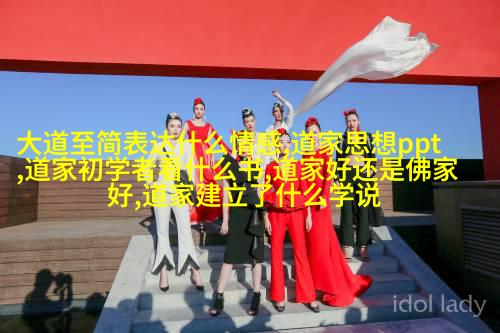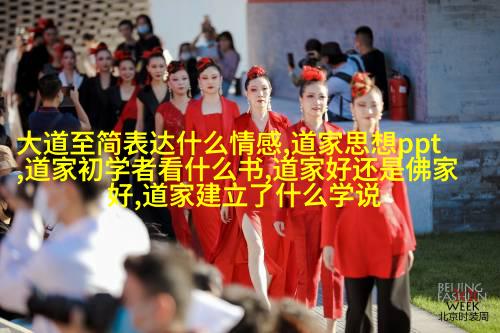郑玄(127-200年),东汉时期著名的学者、经学家,他对中国古代文学和哲学都有深刻的影响。尤其在注释《庄子》方面,郑玄不仅对道家哲学有着深入的理解,还将其所见所闻融入到自己的解读中,为后世提供了宝贵的文献资料。

一、郑玄与道家
作为东汉初年的重要思想家,郑玄在学习和研究上具有很高的地位。他对于儒家的经典如《易传》、《春秋左氏传》等都有深厚的造诣,但他同时也对道家的经典,如老子的《道德经》,以及庄子的《庄子》等表现出浓厚兴趣。在他的注释中,不乏反映出他对道家哲学的一些理解和赞赏。

二、郑玄注释《庄子》的意义
郑玄注释《庄子》的目的,不仅是为了解读原文,更是为了揭示其中蕴含的大量哲理和智慧。他通过自己的观察与思考,将这些复杂而抽象的概念,用更为通俗易懂的话语进行阐述,使得这部古籍更加容易被后人理解。

三、《庄子的主要内容及其特点
天地万物之本源

《庄子》的核心思想之一是探讨自然界运行规律,以及如何与宇宙大同相契合。这一点,与老子的“无为而治”、“顺应自然”的思想相呼应,是当时人们对于宇宙现象的一种认识方式。
形而上及形而下

《庄子》中的“形而上”指的是超越具体事物之上的普遍存在,而“形而下”则指的是具体事物本身。这种区分体现了它试图探索事物之间关系,以及事物内在逻辑结构的问题意识。
无为与随遇
随遇则旨在表达一种适应环境变化的心态,同时也体现了一个人的精神境界,这也是中国文化中常提到的“顺势养生”的生活态度。
虚实说
虚实说强调的是世界间并非完全由实际存在的事物构成,有着大量不可见或难以触及的事务,比如心灵世界。而这正是中华文化中重视内心修养和精神追求的一个体现。
四、总结: Zheng Xuan's Annotation of Zhuangzi — A New Perspective on Daoist Philosophy
Zheng Xuan's annotation of Zhuangzi is a significant work that not only helps readers understand the original text but also provides insights into Daoist philosophy and its relevance to contemporary society.
Through his annotations, Zheng Xuan reveals his deep understanding of the philosophical concepts presented in Zhuangzi, such as "the ultimate reality," "the nature of things," and the relationship between humans and the natural world.
Moreover, Zheng Xuan's approach to interpreting these concepts demonstrates a profound respect for the ancient text while offering new perspectives for modern readers.
In conclusion, Zheng Xuan's annotation of Zhuangzi serves as an invaluable resource for anyone interested in Daoist philosophy or seeking to deepen their understanding of Chinese culture and thought.
By examining this annotated edition, we can gain a better appreciation for both the historical context in which it was written and its enduring significance in shaping our collective wisdom today.


